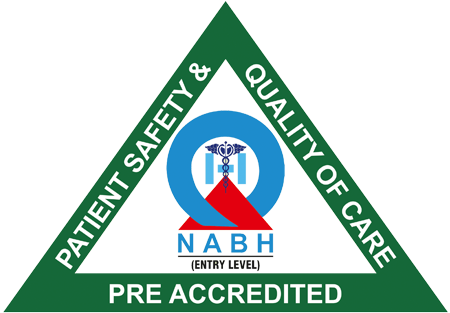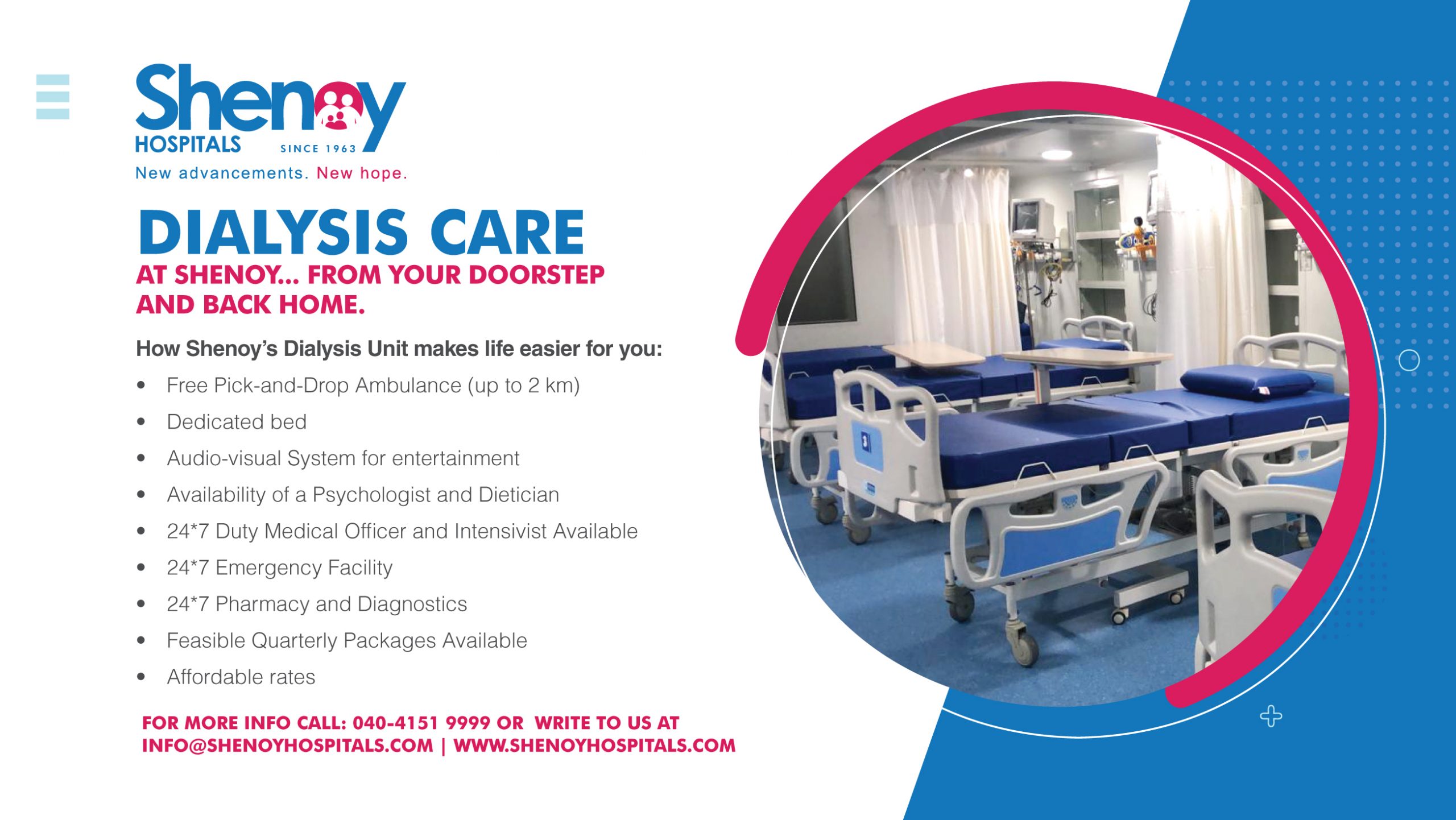If you or your family member have been advised to undergo Dialysis, let’s help you understand it. In this blog, we shall tell you about the essential things you need to know about Dialysis. But always, it’s good to consult your doctor or Nephrologist.
Kidneys and Dialysis: The Connect
Each one of us humans has kidneysthat are two bean-shaped organs below the rib cage on each side of thespine. They do the job of removing waste and fluid from the body, maintain blood pressure, and also keep the bones strong. These two organs also have the task of ensuring that our blood has the right amount of minerals, like potassium and sodium. Finally, kidneys make the hormone that leads to the making of red blood cells.
Dialysis: What it is and how many types it has?
Dialysis is a treatment that takes over thekidney functions, if those organs stop doing their job. There are two types of dialysis:
Hemodialysis:The blood is put through a filter outside the body, cleaned, and then returned to you. It can be done either at a Dialysis facility or at home.
Peritoneal Dialysis:The blood is cleaned inside the body. A special fluid is put into theabdomen to absorb waste from the blood that passes through small vessels in the abdominal cavity. The fluid is then drained away. This is mostly done at home.
Need for Dialysis
If the kidney disease becomes extremely severe and crosses a point where it cannot function well enough to maintain the body, then a transplant or Dialysis is recommended.
Dialysis is advised when the symptoms or lab tests show toxic levels of waste in blood.Symptoms of kidney failure include nausea, fatigue, swelling, and throwing up. Dialysis depends on one’ age, stamina, general health, lab results, and how willing you are to dedicate yourself to the treatment.
What can one go through during a Dialysis!
Dialysis generally doesn’thurt. In case you experience pain during or after treatment, you must report the same to your doctor immediately. Side-effects may happen, but are often low. One may experience low blood pressure. Some even go through nausea, vomiting, dry or itchy skin, muscle cramps, or extreme tiredness.These can be reduced by being careful of what you eat and drink. Consult your doctor for your diet and fluid for Dialysis.
Discontinuing Dialysis
A Dialysis is done to maintain or improve your quality of life. You may choose not to have it or stop any time. But if you do so, talk to your doctor aboutother solutionsto help you. One of the most important things to note is Dialysis is not for all, and not for the very elderly or with very severe medical conditions.
If you wish to know more about Dialysis, talk to your Nephrologist at Shenoy Hospitals.
Share:




Add Comment